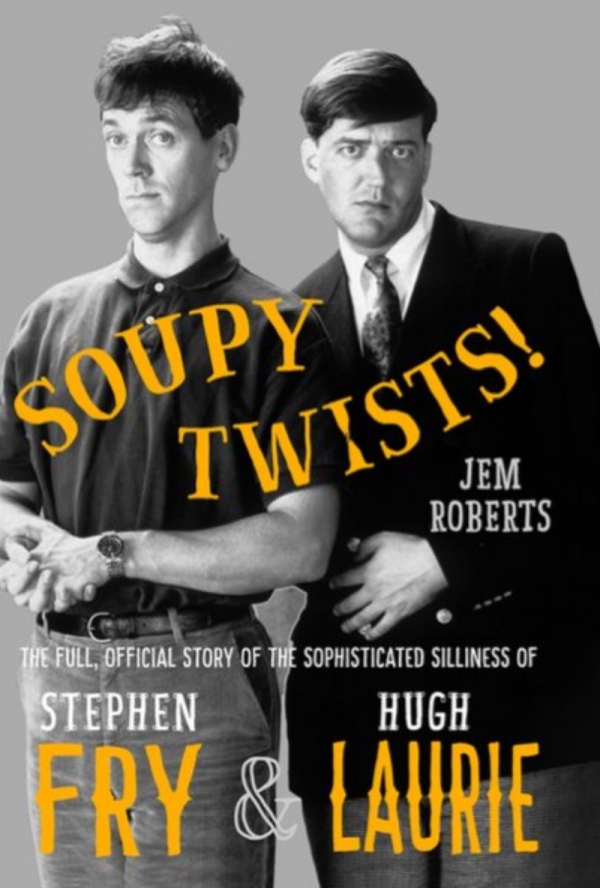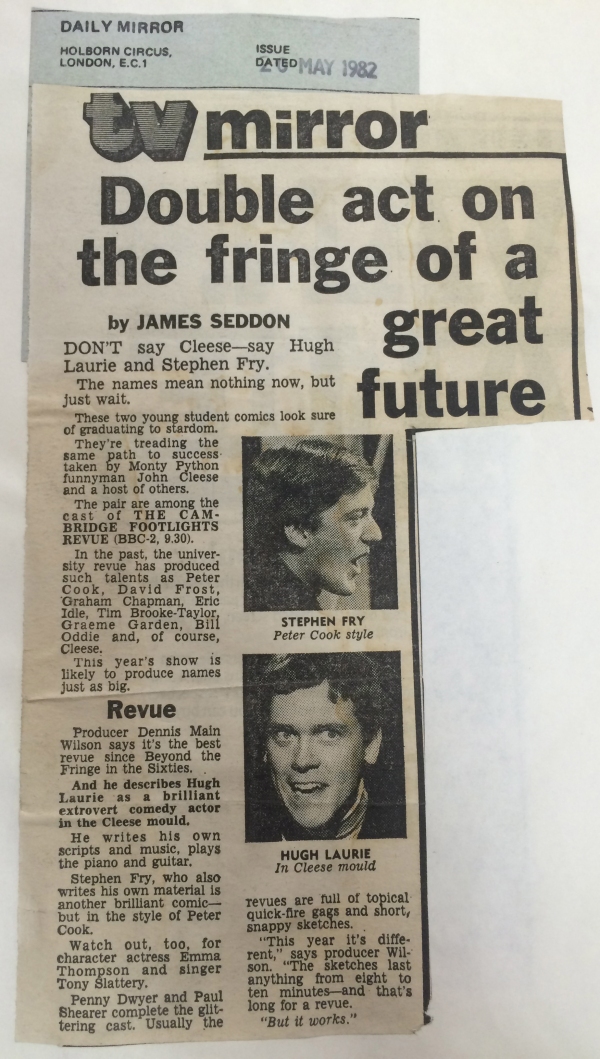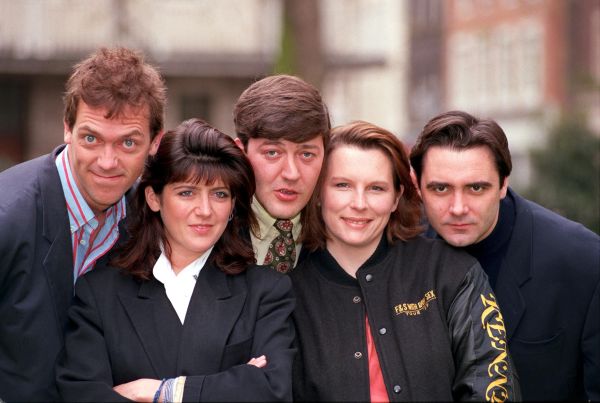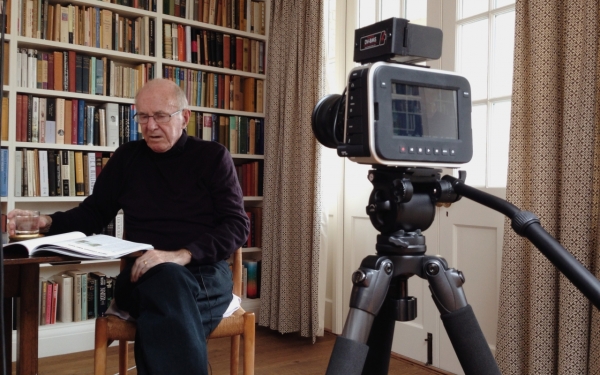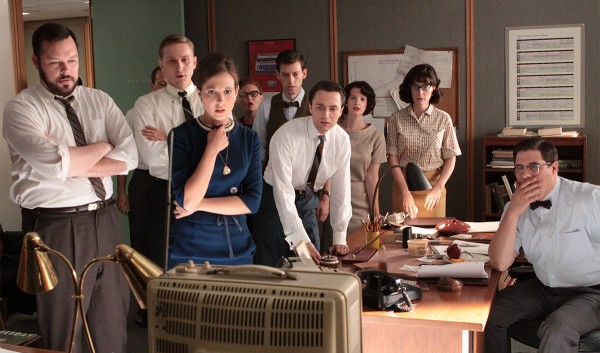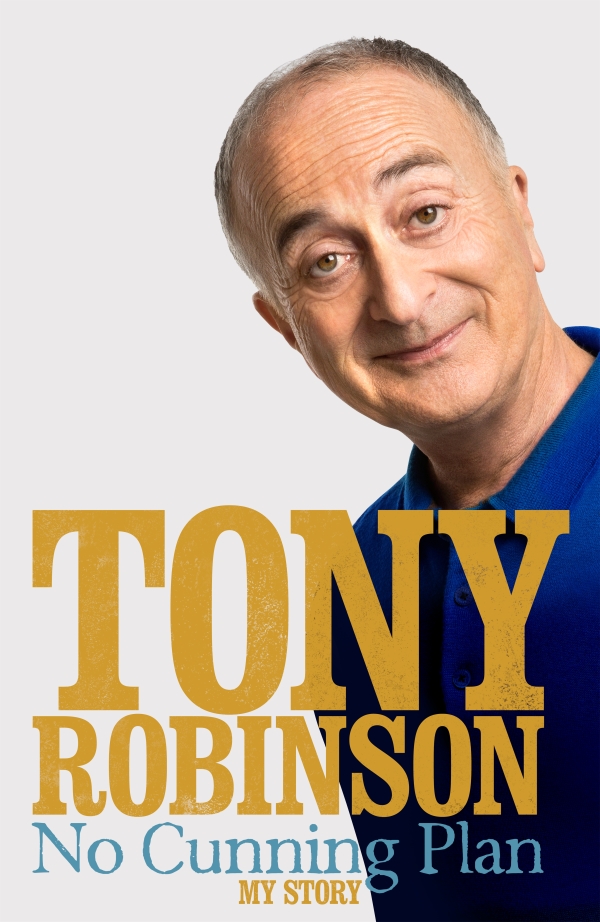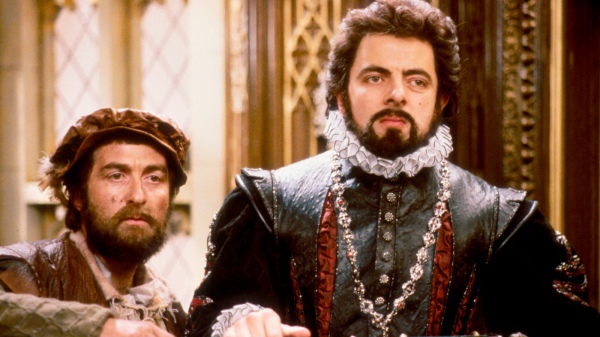
“Nothing lasts forever,” muses Francis Urquhart as he looks at a picture of Margaret Thatcher. ”Even the longest, the most glittering reign must come to an end someday”.
So begins House of Cards, one of the finest political dramas in British TV history. It has recently been remade for the US by Netflix.
Based on a book by Tory insider Michael Dobbs and brought to the screen by the more left wing British dramatist Andrew Davies in 1990, House of Cards centres on Francis Urquhart, the Tory Party Chef Whip superbly played by the late Ian Richardson. Taking the audience into his full confidence – Urquhart has a disarming and involving tendency to talk directly to the audience, often offering nothing more than a wry smile or a raised eyebrow in response to events – we become fully involved and even complicit in Urquhart’s activities as he skilfully manoeuvres his way to the top of the Tory tree an into Downing Street.
The action opens in the aftermath of Prime Minister Margaret Thatcher’s apparent retirement (at that point, an event still in the future). Indeed, Thatcher is the only real life figure (other than the Queen) referred to at any point. Urquhart assesses the likely candidates for the succession:
“Plenty of contenders. Old warriors, young pretenders. Lord Bilsborough, say — party chairman, too old and too familiar, tainted by a thousand shabby deals. Michael Samuels — too young and too clever. Patrick Woolton — bit of a lout, bit of a bully-boy. Yes, it could well be Woolton. Henry Collingridge — the people’s favourite, a well-meaning fool, no background and no bottom.”
Urquhart with splendid false modesty rules himself out:
“What, me? Oh, no no no. I’m the Chief Whip, merely a functionary. I keep the troops in line. I put a bit of stick around. I make them jump. And I shall, of course, give my absolute loyalty to whoever emerges as my leader.”
In fact, when the new leader Henry “Hal” Collingridge reneges on a promise to appoint Urquhart to the Cabinet, Francis turns against him, constructing a bogus scandal involving the Prime Minister’s wayward brother and demolishing all other rivals to not only bring down Collingridge but to ensure that he, Francis Urquhart, shall succeed him.
In this the role of young journalist Mattie Storin (Susannah Harker) proves crucial. It is to her that he leaks information answering her questions not n the affirmative but couched in the coded evasive standard political answer: “You might very well think that. I couldn’t possibly comment.”
Timing
The series was blessed by remarkable good timing. In real life, Michael Heseltine announced his intention to stand against Margaret Thatcher, just five days before the first episode went on on November 18th 1990. By the time of the fourth and final episode, Thatcher had been toppled and John Major had beaten both Heseltine and Foreign Secretary Douglas Hurd to become Prime Minister. House of Cards thus became very topical indeed. The series had the good fortune to go out during the first change of Tory leadership in fifteen years and one of the most dramatic ends to a Prime Ministerial reign ever.
Real life parallels?
House of Cards is obviously fiction but some have suggested similarities to real life figures. Make of them what you will. I couldn’t possibly comment.
Francis Urquhart: Urquhart does not obviously resemble any one real life person strongly. He is nothing like Edward Heath, another Chief Whip who went onto Downing Street. Urquhart’s upper class background was also distinctly unfashionable by 1990. Douglas Hurd, would in fact be embarrassed by his posh background in the leadership contest that took place while House of Cards went out and no Tory leaders emerged from upper class background between 1965 and 2005 (between Alec Douglas Home and David Cameron). Urquhart’s ideological position seems to be closest to Thatcher. Yet unlike any of these figures, he is a murderer and probably closer to Shakespeare’s Richard III than anyone in real life.
Henry Collingridge: Both Dobbs and Davies were right to predict domineering figure like Thatcher would be succeeded by a moderate more conciliatory figure. A harsh critic might say Urquhart’s summary of Collingridge: “a well-meaning fool, no background and no bottom,” applied equally well to Thatcher’s actual successor John Major (or indeed, David Cameron). Major also won the 1992 election with a majority of 21 (Collingridge manages about 30). Unlike in the series, there are few immediate problems resulting from the Tory majority dropping so dramatically. John Major’s Tories had anticipated defeat in 1992 and were happy just to win at all. Major’s premiership would prove similarly troubled although more enduring than Collingridge’s. If anyone fatally undermined Major’s leadership, other than Major himself, it was his predecessor Lady Thatcher.
Bob Landless: A crude American media magnate. Clearly a composite of and Robert Maxwell, then still alive (although unlike Landless, a Labour supporter) and Rupert Murdoch.
Lord Bilsborough: Seems similar to William Whitelaw, who ran against Thatcher in 1975 but ultimately became her most loyal servant. But Whitelaw was much nicer than Bilsborough and much less tainted by “shabby deals”.
Michael Samuels: In some ways similar to Michael Portillo, then a dashing rising star in the party and with a history of left wing support and some homosexuality (then not known about) in his past. Portillo, although half-Spanish, isn’t Jewish as Samuels is though. In this respect, Samuels is more like another rising Tory Michael of the time and future leader, Michael Howard.
Peter Mackenzie: Health Minister. Physically very like John Major (he is played by Christopher Owen) although unlike Major seems to be racist and accidentally runs over a disabled protester.
Afterwards
(SPOILER ALERT) Two TV sequels To Play The King and The Final Cut are worth seeing although neither quite scaled the heights of the original. Dobbs wrote two books which followed the first series. The first book ends differently with Urquhart, consumed by shame choosing to hurl himself to death rather than Mattie.
Michael Dobbs served as Deputy Tory Chairman under John Major and is now Baron Dobbs in the House of Lords. He has written many novels.
Already a prolific author Andrew Davies (A Very Peculiar Practice), Davies has become something of an adaptation-writing machine since the huge success of 1995’s Pride and Prejudice (which featured Mattie Storin from House of Cards as Jane). Incredibly, Davies has written over twenty series since including Mr Selfridge, Bleak House and Middlemarch.
Ian Richardson died in 2007.
A new US series of House of Cards (much altered) starring Kevin Spacey as House Majority Whip Frank Underwood is is available on Netflix.
